-
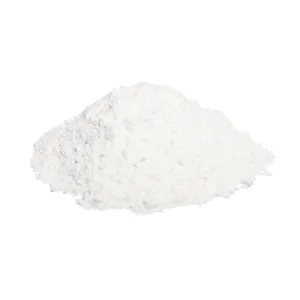 Kappa Refined carrageenan Food Grade
Kappa Refined carrageenan Food Grade -
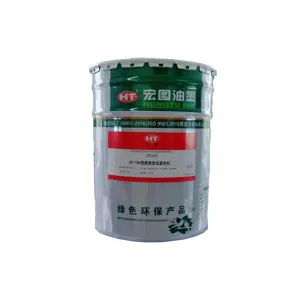 Original Red Hongtu Brand HT-105 Environmental Friendly Regular Compound Printing Ink
Original Red Hongtu Brand HT-105 Environmental Friendly Regular Compound Printing Ink -
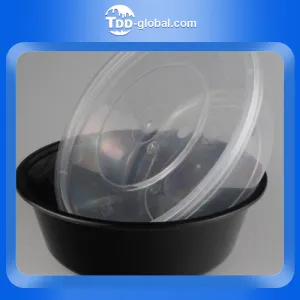 Plastic Food box PP food takeaway bento box Plastic Disposable Meal Prep Containers With Lids
Plastic Food box PP food takeaway bento box Plastic Disposable Meal Prep Containers With Lids -
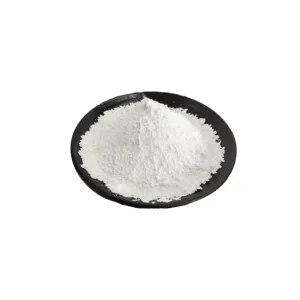 Yongfeng Natural High Gloss Barium Sulfate 6000 Mesh
Yongfeng Natural High Gloss Barium Sulfate 6000 Mesh -
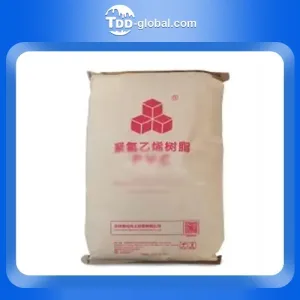 PVC Resin DG-800 K60 Pipe Grade
PVC Resin DG-800 K60 Pipe Grade -
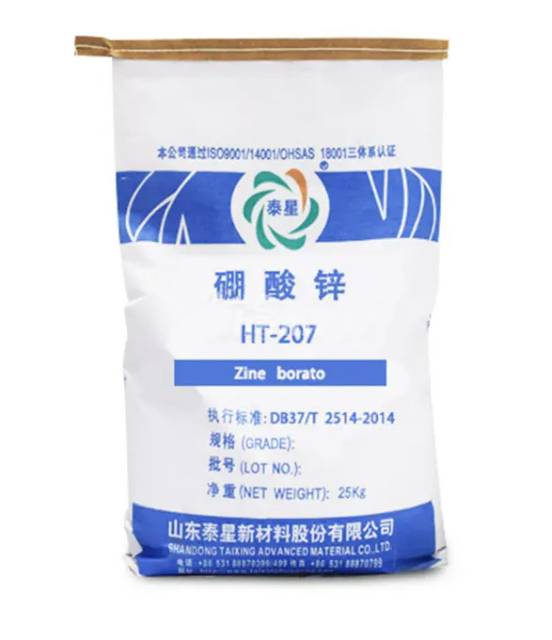 Zinc Borate Flame Retardant
Zinc Borate Flame Retardant -
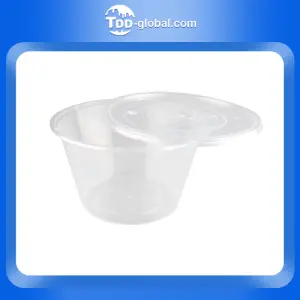 Food stuff Disposable Plastic fast food box Takeoff Customize Packing Box resuable Microwave clear Food Container
Food stuff Disposable Plastic fast food box Takeoff Customize Packing Box resuable Microwave clear Food Container
Q
do electric vehicles have alternators
I'm a seasoned industrial engineer with a keen interest in machine learning. Here to share insights on latest industry trends.
The ideal pressure for a car's tires typically ranges from 30 to 35 PSI (pound per square inch). However, it varies depending on the car's make and model, so you should refer to the vehicle's owner manual or tire placard (usually located on the driver's side door jamb or inside the glove box) for specific information.
I'm a seasoned industrial engineer with a keen interest in machine learning. Here to share insights on latest industry trends.
The Subaru car is generally considered to be reliable. Consumer Reports ranks Subaru among the top five most trusted car brands. Due to features such as four-wheel drive. they are known for their longevity and ability to handle all types of weather and terrain. However. individual experiences may vary depending on maintenance and usage.
You May Like
Flaring PVC pipe involves heating the end of the PVC pipe to the point where it becomes pliable, then expanding it to create a flared end. This process is often used for joining pipes without fittings or for creating a smooth, graduated transition in piping systems. To flare PVC pipe, you need a heat source such as a heat gun or propane torch, protective gloves, and a flaring tool or a suitable form around which to mold the heated PVC. First, evenly heat the end of the pipe until it's flexible. Avoid overheating, as it can cause the PVC to burn or become brittle. Then, quickly place the pipe over the flaring tool or form, gently expanding the end. Hold it in place until it cools and retains the flared shape. Always work in a well-ventilated area and follow safety procedures to prevent injury from the heated materials.
Titanium. with the chemical symbol Ti and atomic number 22. is a silver-colored transition metal that is known for its low density and high strength. Unlike compounds. which have a specific chemical structure. titanium exists as pure titanium atoms. However. when it solidifies. it forms a hexagonal closely packed crystal structure stable below 882 or a centered cubic crystal structure stable above 882. This metal has an atomic structure consisting of 22 electrons. 22 protons. and 26 neutrons. These electrons are arranged in the electron configuration [Ar] 3d 4s.
You May Like
Q&A
- •does fiber help diarrhea
- •do bananas have insoluble fiber
- •how to stop a leak in pvc pipe
- •is polypropylene provide warm
- •is polypropylene harmful
Popular Information
- •Menthol prices rise on high demand
- •The Demand Was Less Than Expected, and Domestic PE Was Weakly Sorted out
- •Westlake acquires Boral’s North American building products businesses for $2.15 bn
- •Aditya Birla Chemicals Q1 Net up 40% to Rs 20.36 crore
- •ICC calls for reimbursement of REACH registration costs








